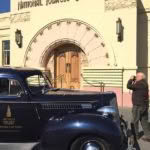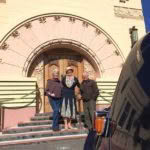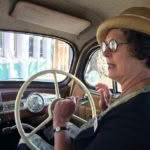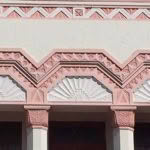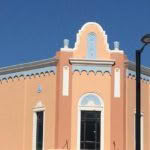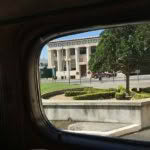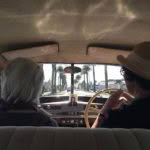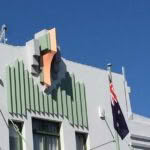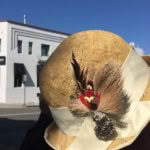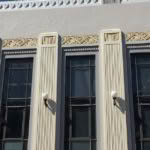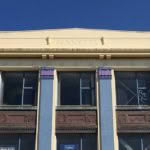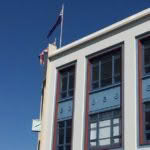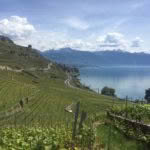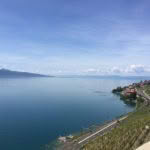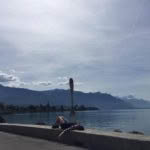Water Cooler: Art Deco decadence in Napier, 4 things to do in Vevey and the NZ Attitudes and Values Study
This week in the water cooler: we’re exploring Napier’s Art Deco architecture in style, reducing our use of plastic bags and taking part in an important study.
DECO DECADENCE
My parents and I recently visited Napier to explore NZ’s Art Deco capital. The city’s Art Deco Trust offers a range of different tours ranging from a self-guided map ($7.90 for the booklet) to a luxury vintage tour (1 hour $160, max 3 people)
My parents are elderly, making the luxury option a clear winner. It was fabulous. We were meet by Sue, one of the Art Deco Trust of Napier volunteer guides in her 1930s Packard: no seatbelts and a sofa-like chair. We bounced along the streets learning about the city’s history and charms.
The tour includes a movie about the 1931 earthquake, giving us the background on how the city rebuilt itself in only 22 months, an wonderful sight before we hit the road to see it all 80+ years later. Art Deco Trust: 7 Tennyson Street. www.artdeconapier.com 0800 427 833
Yolanta Woldendorp
Art Director, NZ Life & Leisure
SOCIAL STUDIES
Name three things that are good for your health.
Exercising more? Yes.
Giving up smoking? Absolutely.
Even better than those two? Being part of a social group.
That’s just one of the findings from an amazing research group run by Auckland University.
Every year, I take part in the New Zealand Attitudes and Values Study (NZAVS) , along with 11,000 other New Zealanders. It takes about 20-30 minutes and you are contributing to a body of work that is coming up with all kinds of practical information, especially about mental health. Anyone can take part, and if you don’t want to do it online, you can get a paper copy posted out to you.
Being socially connected helps you cope with the stresses of your life, and that has big implications for the quality of your life and those around. If you’d like to know more there’s a great article here by the NZAVS on why that is.
The survey comes out once a year, and the team updates you every so often on their work and how it’s making a difference.
You can hear from the researchers on their enormous range of work here
Nadene Hall
Editor NZ Lifestyle Block
ANTI PLASTIC FANTASTIC
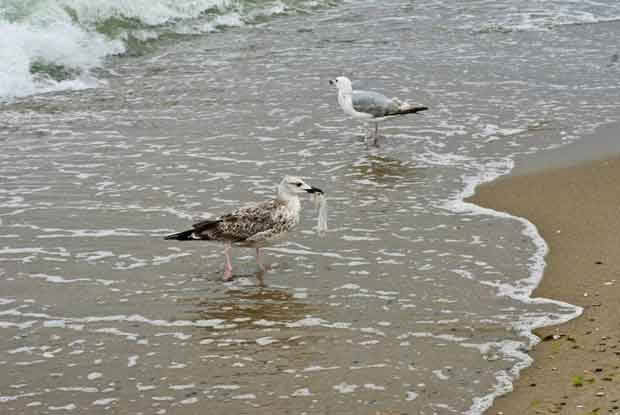
Seagull eating a plastic bag. Photo: Dreamstime.
Bravo to Countdown, which has announced its plans to ban single use plastic bags in their stores by the end of 2018, a great initiative from one of New Zealand’s largest retailers.
We have been lagging behind the rest of the world when it comes to the use of plastic. Thirty countries and 170 states (including half of those in Australia) have either banned or placed a levy on single-use plastic bags.
Most checkout bags used in New Zealand supermarkets are sourced from China and south-east Asia and are made from high-density polyethylene plastic, which is referred to as HDPE or No 2 plastic. It’s estimated it takes 1000 years for a plastic bag to biodegrade and many bags end up in waterways in our oceans.
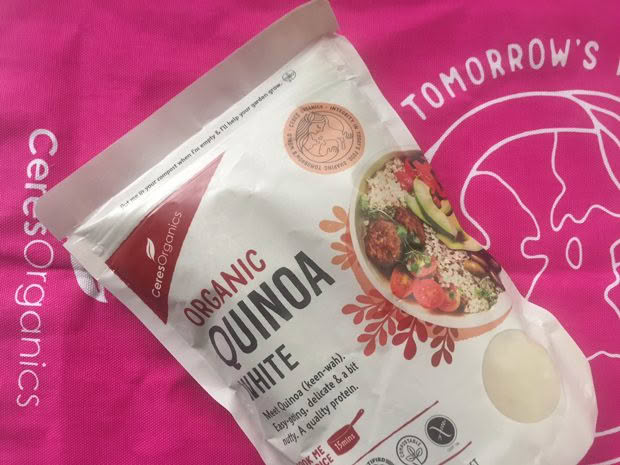
It’s also nice to see initiatives from NZ companies such as Ceres. Its new organic quinoa is packaged in a pouch made from wood pulp and other compostable materials, and will break down in a domestic compost bin.
thisnzlife has many ideas on how to reduce waste including how to make natural cleaning products, how to ditch plastic wrap by making natural beeswax food wraps, and you can even turn banana peel into cake.
Emma Rawson
thisnzlife editor
SWISS MISS
Am I the only person who has a special talent for traveling epic distances to obscure destinations, only to find that you’ve booked the trip for the one day that everything is shut?
That’s what happened when my husband, sister and I traveled to Vevey in Switzerland. I stumbled across Vevey thanks to Google, lured in by photos of terraced vineyards draped across the shores of Lake Geneva. I was sold and husband (a dedicated wine nut) took even less convincing.
We caught the train to Vevey (the home of Nestlé and resting place of Charlie Chaplin) from Lausanne, and planned to walk the 20-odd kilometres back to Lausanne via the paths of the Lavaux terraced vineyards – a UNESCO World Heritage Site – stopping at the tiny wineries and stone villages along the way.
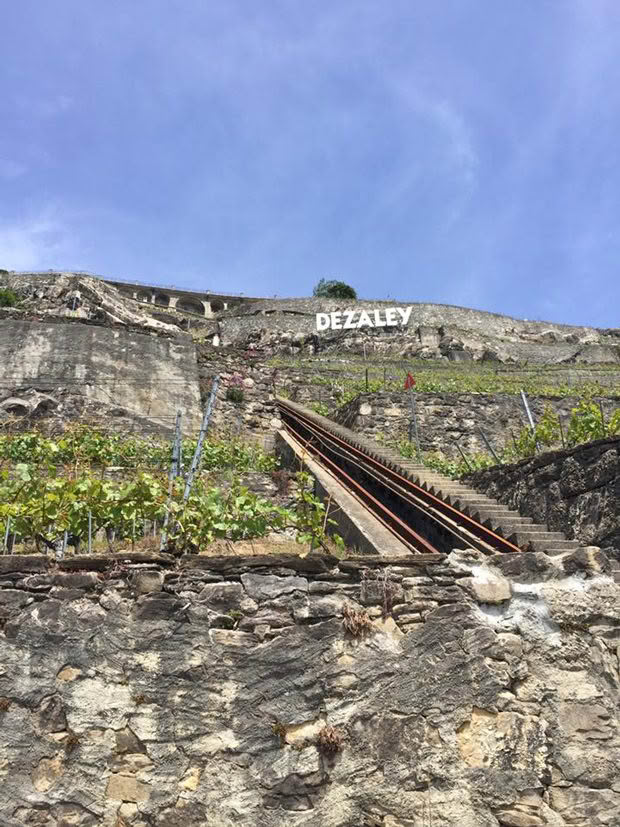
A track carries baskets of grapes up the steep hills.
The highlight of our tour was to be the Lavaux Vinorama, where we could rest our feet and indulge in the hundreds of wines crafted in the surrounding vines.
But of course, after many kilometres of rather steep walking, we arrived to discover it was shut. As were the cellar doors in the villages. Oops. Ah well. Instead of the wines, we remember the feeling of the sun on our faces and the crisp wind that slipped off the surrounding alps and patted our faces to keep us cool.
And all was lost. We still managed to find a bottle of wine, the perfect way to finish an accidentally perfect day.
If you are planning a trip to Europe and are looking for something a bit different (or like us, you love your wine), add Vevey and the Lavaux vineyards to the (wine) bucket list.
4 things not to miss:
*The giant fork sculpture in Vevey, perfect for terrible tourist photos.
*Pay homage to Charlie Chaplin at either the waterfront statue or at ‘Chaplin’s World’, a museum located at the former country estate of the Chaplin family.
*The official Olympic Museum in Ouchy, Lausanne.
*The terraced vineyards of Lavaux – there are signs remaining that point to vines being grown here during the Roman times, but the present vineyards date back to the 11th century.
Vevey is located on the shores of Lake Geneva and is a 15 minute train trip from Lausanne.
Read here for more information on the vineyard walk.
Cheree Morrison
Editor The Insider’s Guide to New Zealand
